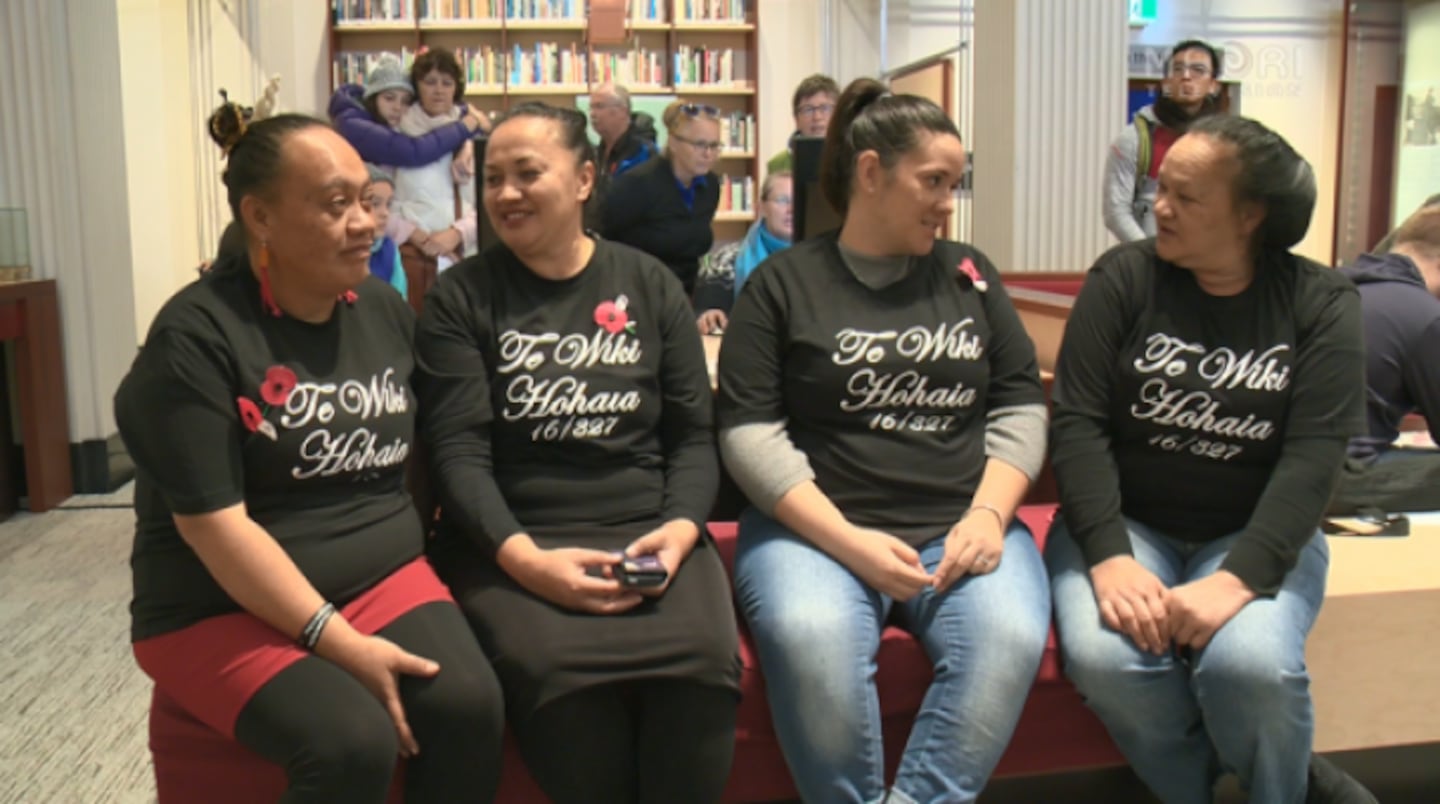A family from Ngāti Kahu has discovered their ancestor who fought in World War I through an Online Cenotaph program. The program has been created by The Auckland Museum and allows families to connect with their loved ones.
The family members of Te Wiki Hohaia turned up to Pou Maumahara, part of the Auckland Museum, where they learned for the first time about his feats in the war.
Hohaia’s Granddaughter Tania Heke (Ngāti Kahu ki Whangaroa) says, “I was humbled about the whole experience. I didn't realise it would be so touching, I didn't realise it would be so honouring and it would be so spiritual.”
“Sometimes if their family member didn't actually talk about their service, or they didn't even know that their tupuna (ancestors) actually went overseas, and so now they're actually learning one hundred years later,” says Victoria Passau, who is the Collection Manager for Pou Maumahara.
During World War I, Te Wiki Hohaia was stationed in Egypt and served in Gallipoli between 1915 and 1916. For many reasons, the family has not been able to connect with Hohaia because he was known to the family as Wiremu Hura, and Iopa Pawhau.
“He had a lot of names that didn't match in the history. So, Te Wiki Hohaia is not a name that is familiar to our family,” says Heke.
Passau says, “We know that a lot of Maori went away under with Anglicised names. So we do have ingoa (name) and other sort of translations on the website as well.”
Recent developments of the Online Cenotaph now enables families to contribute to the program and can access it anywhere in the world. In the past, this has been left to the Auckland Museum to update.
“It was a virtual visit. So the virtual visit was just as emotional as it would be if I came in person,” says Heke.
More than twenty of Hohaia’s descendants were present, and they are hopeful that the Online Cenotaph will enable them to remember their loved ones.
Heke says, “I'm hoping that they can identify with not only our tupuna (Grandfather), but also with the comments that might be left by their different cousins.”
It has been 21 years since this program has been set up, and two years since its redevelopment. However, according to Auckland Museum, there is a long way to go before all records are added and updated.


